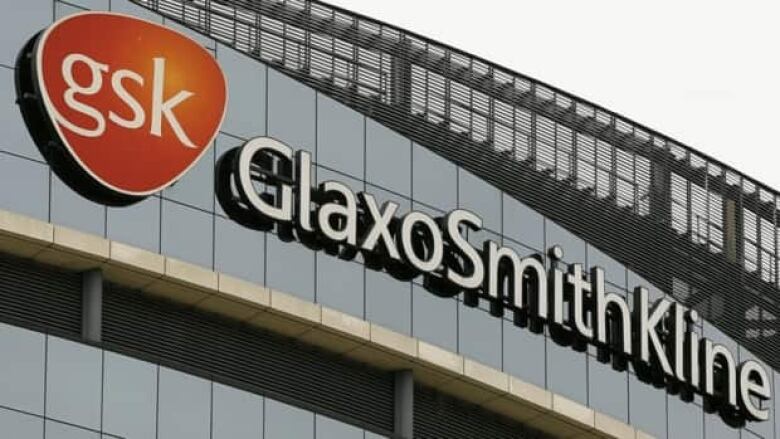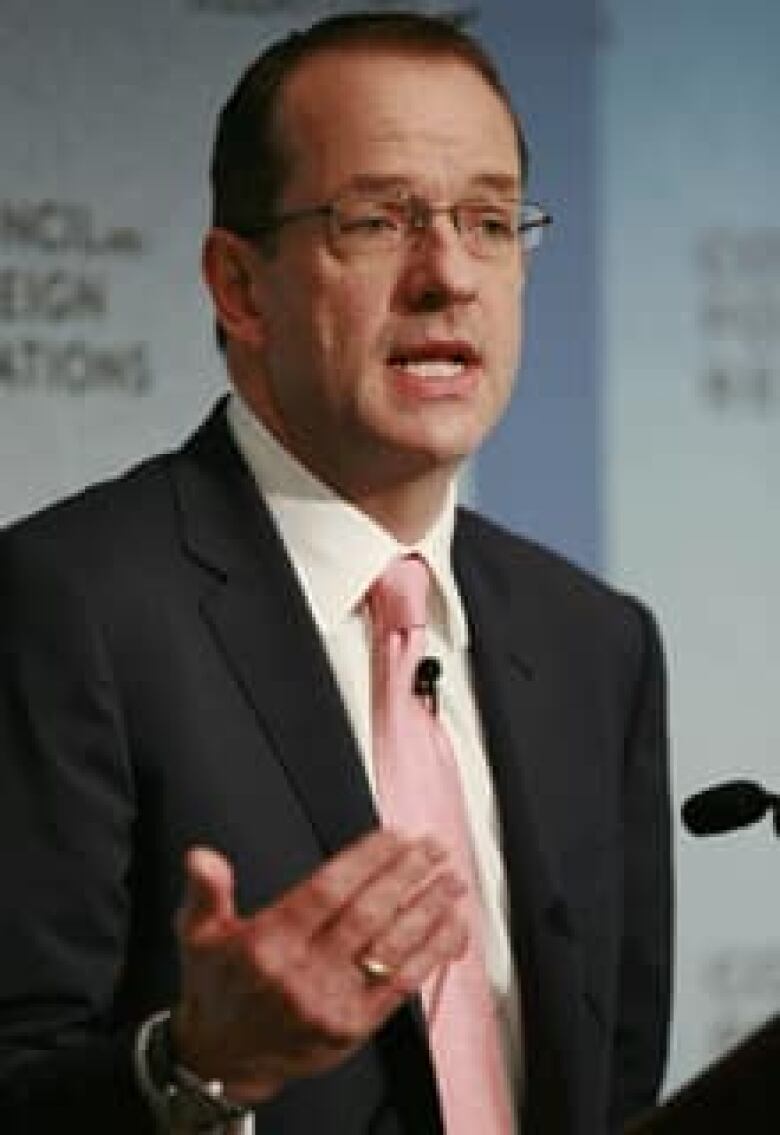GlaxoSmithKline pleads guilty in $3B US drug fraud case
Admits misbranding Paxil, Wellbutrin; withholding safety data for Avandia

Drug maker GlaxoSmithKline (GSK)has agreed to pay $3 billion US in criminal and civil fines and plead guilty tomisdemeanour criminalcharges related tothe sale and marketing of its antidepressantsPaxil and Wellbutrinand the diabetes drug Avandia inthelargesthealth-care fraud settlement in U.S. history.
The Britishpharmaceutical gianthas admittedto misbranding the antidepressants Paxil and Wellbutrin and marketing them for uses not approved by the U.S. Food and Drug Administration (FDA), including the treatment of children for depression and the treatment of ailments such as obesity, anxiety, addiction and ADHD.
In some cases, the company did so despitewarnings about possible safety risksfrom the FDA, such asan increased risk of suicidefor children under 18 taking antidepressants.
It also admitted in the settlement that it did not provide the FDA with safetyinformation that indicated its diabetesdrugAvandia might cause heart problems. The drug was eventually pulled off the shelves in Europe and its sale restricted in the U.S.
'Warning' to other companies

In asettlementDeputy U.S. Attorney General James Colecalled"unprecedented in both size and scope," the company agreed to plead guilty to three misdemeanour violations two related to the misbranding of Paxil and Wellbutrin and one related to the failure to provide the clinical data on Avandia.
The company will pay $1 billion in criminalfines and forfeitures,and the remaining $2 billion will go to settle state and federal "civil allegations that it caused false claims to be submitted to federal health care programs for these and other drugs as a result of the companys illegal promotional practices and payments to physicians," Cole said at a press conference in Washington, D.C.
"At every level, we are determined to stop practices that jeopardize patients' health; harm taxpayers; and violate the public trustand this historic action is a clear warning to any company that chooses to break the law," he said.
The investigation into GSK's marketing and sales practices began in Colorado in 2004 and was later taken over by the U.S. Attorney's Office in Massachusetts.
GSK says problems from 'different era'
In a statement issued Monday,GSK CEO Andrew Witty said the problems at the heart of the case originated "in a different era for the company" and that since then the company has instituted reforms and learned from its mistakes.
He expressed regret on behalf of the company and said action to resolve the issues that prompted the lawsuithas been taken "at all levels in the company" in the U.S.
"We have fundamentally changed our procedures for compliance, marketing and selling," he said in the statement. "When necessary, we have removed employees who have engaged in misconduct.
"In the last two years, we have reformed the basis on which we pay our sales representatives and we have enhanced our ability to claw back remuneration of our senior management."












_(720p).jpg)


 OFFICIAL HD MUSIC VIDEO.jpg)
.jpg)



























































































